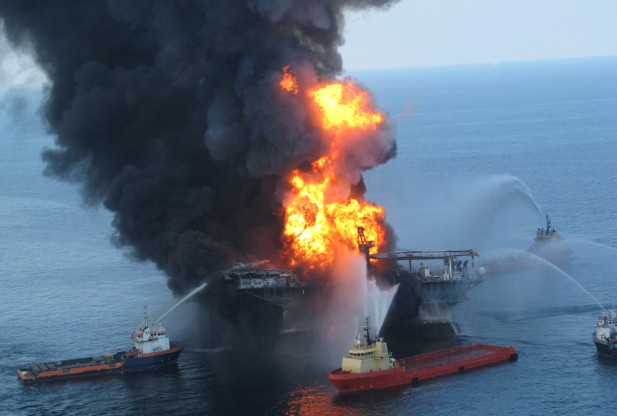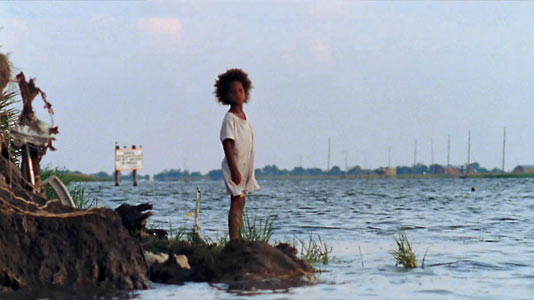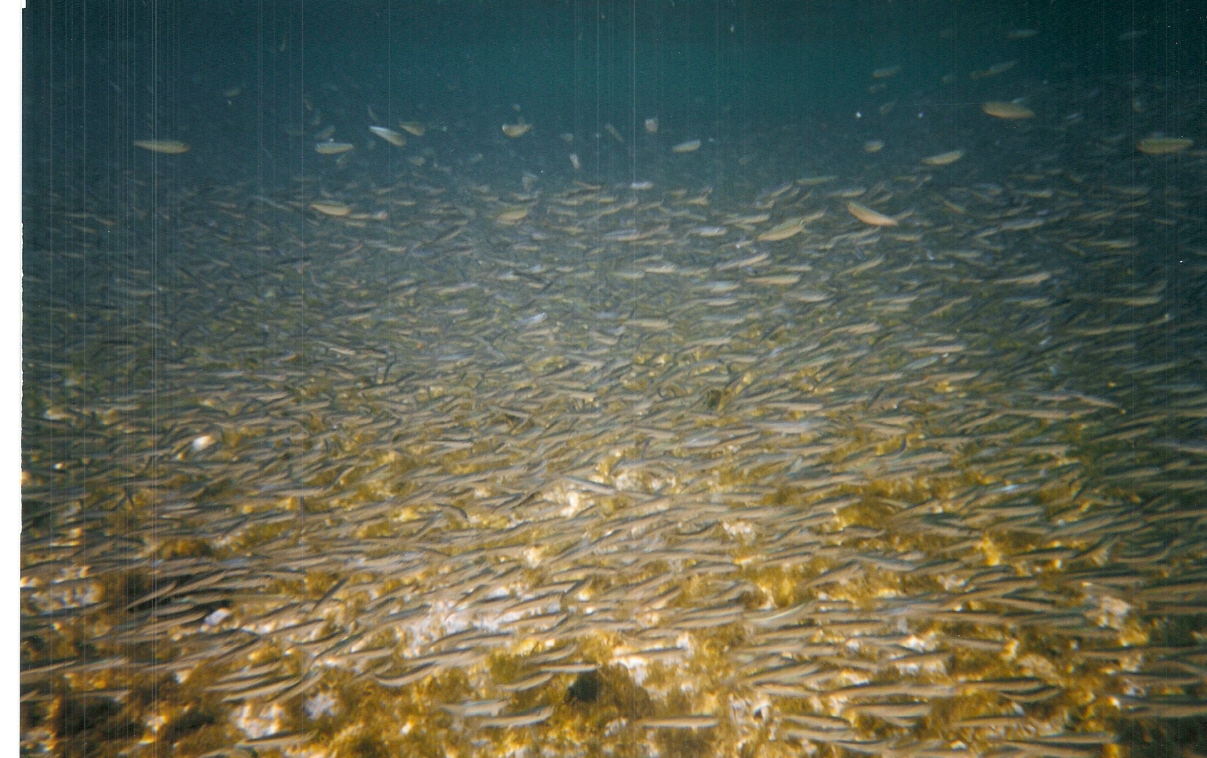“The Great Invisible,” the winning documentary at the South By Southwest film festival, tracks how everyone from wealthy oilmen to impoverished fishermen were affected in the Deepwater Horizon aftermath, the Transocean-owned, BP-operated oil drilling rig, that exploded 50 miles off the Louisiana coast on April 20, 2010.
Tag: Gulf of Mexico
Beasts of the Southern Wild: Bayou Culture Sinking into the Gulf
“Beasts,” a hard-knock ecological fairy tale about the disappearing Louisiana bayou cultures and coastline, highlights the fragility of the region’s hurricane defenses and the resulting devastation of communities living on the flooding margins.
BP Dead-Zone in the Gulf, Delta Mass Fish-Kill
Keep in mind the ongoing scientific research regarding the undersea plume of oil and dissolved methane gas in the Gulf of Mexico from 3,200 to 4,300 feet below the surface. Studies estimated it more than a mile wide, 650 feet thick and at least 35 kilometers (22 miles) long, but probably longer, as the researchers had to break off because of Hurricane Alex.



